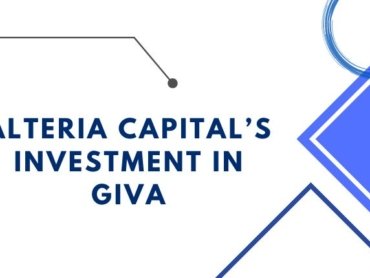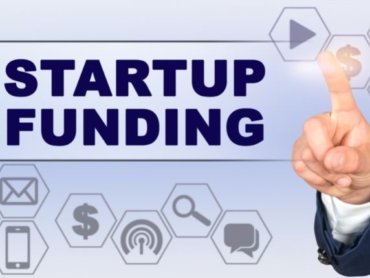ESOP & Cap Table Advisory
An Employee Stock Ownership Plan (ESOP) is a type of employee benefit plan that allows employees to own shares in the company for which they work. ESOPs can be structured in a variety of ways, but they typically involve the company setting aside a certain number of shares or contributing cash to a trust, which is used to purchase shares on behalf of the employees. Employees then receive the shares or the cash equivalent over time, often as part of their salary or bonuses.

Factors to be Considered
- Stage of the company
- The company’s goal
- The company’s financial situation
- Legal and Tax considerations
1. The stage of the company: The decision to implement an ESOP or make changes to the cap table may be influenced by the stage of the company. For example, a company that is just starting out may not have the resources to set up an ESOP, while a company that is more established may be able to consider this option
2. The company’s goals: The company’s goals and objectives should be taken into account when advising on ESOP or cap table matters. For example, if the company’s goal is to attract and retain top talent, an ESOP may be a good option.
3. The company’s financial situation: The company’s financial situation should also be taken into account when considering an ESOP or making changes to the cap table. For example, a company that is not generating profits may not be in a position to set up an ESOP or issue new shares of stock.
4. Legal and tax considerations: There are legal and tax considerations to take into account when setting up an ESOP or making changes to the cap table. It is important to work with an attorney and tax professional to ensure compliance with relevant laws and regulations.
Benefits of ESOP and Cap Table Advisory.
1. Attracting and retaining top talent: An ESOP can be a powerful tool for attracting and retaining top talent, as it gives employees a stake in the company and aligns their interests with those of the company.
2. Motivating employees: Employees who have a stake in the company through an ESOP may be more motivated to work hard and contribute to the company’s success, as their personal financial well-being is tied to the performance of the company.
3. Facilitating ownership transition: An ESOP can be a useful tool for facilitating the transition of ownership from the founders to the next generation of leaders or to employees.
4. Improving company performance: Studies have shown that companies with ESOPs tend to perform better financially than those without. This may be due in part to the increased motivation and engagement of employees who have a stake in the company.
What's the update?
Get latest Updates on latest funding rounds, government schemes, and many more....
Binny Bansal, a co-founder of Flipkart, may invest $100 million to $150 million in PhonePe
Binny Bansal, the co-founder of Flipkart, has made a strategic investment in PhonePe, a mobile payments platform. This move is expected to have a major impact ...
Plans by BYJU to raise $250 million in pre-IPO investment from Akash
BYJU is the latest Indian unicorn to make headlines, with the news of its plans to raise $250 million in pre-IPO investment from Akash Ambani. This move has be ...
Alteria Capital finances GIVA, a jewellery firm, with Rs 40 Cr in venture debt
Alteria Capital's strategic investment in GIVA, a jewellery retail company, is worth Rs 40 Cr and is set to revolutionize the jewellery retail sector in India. ...
Mintifi raises $110M in Series D, and Mitra receives funding for its early stages
The recent funding boosts to Mintifi and Mitra are indicative of the growing importance of FinTech in the global economy. As these two companies continue to de ...
Our Partners
We continuously work with industry leaders and in collaborations to provide endless supports to entrepreneurs.







